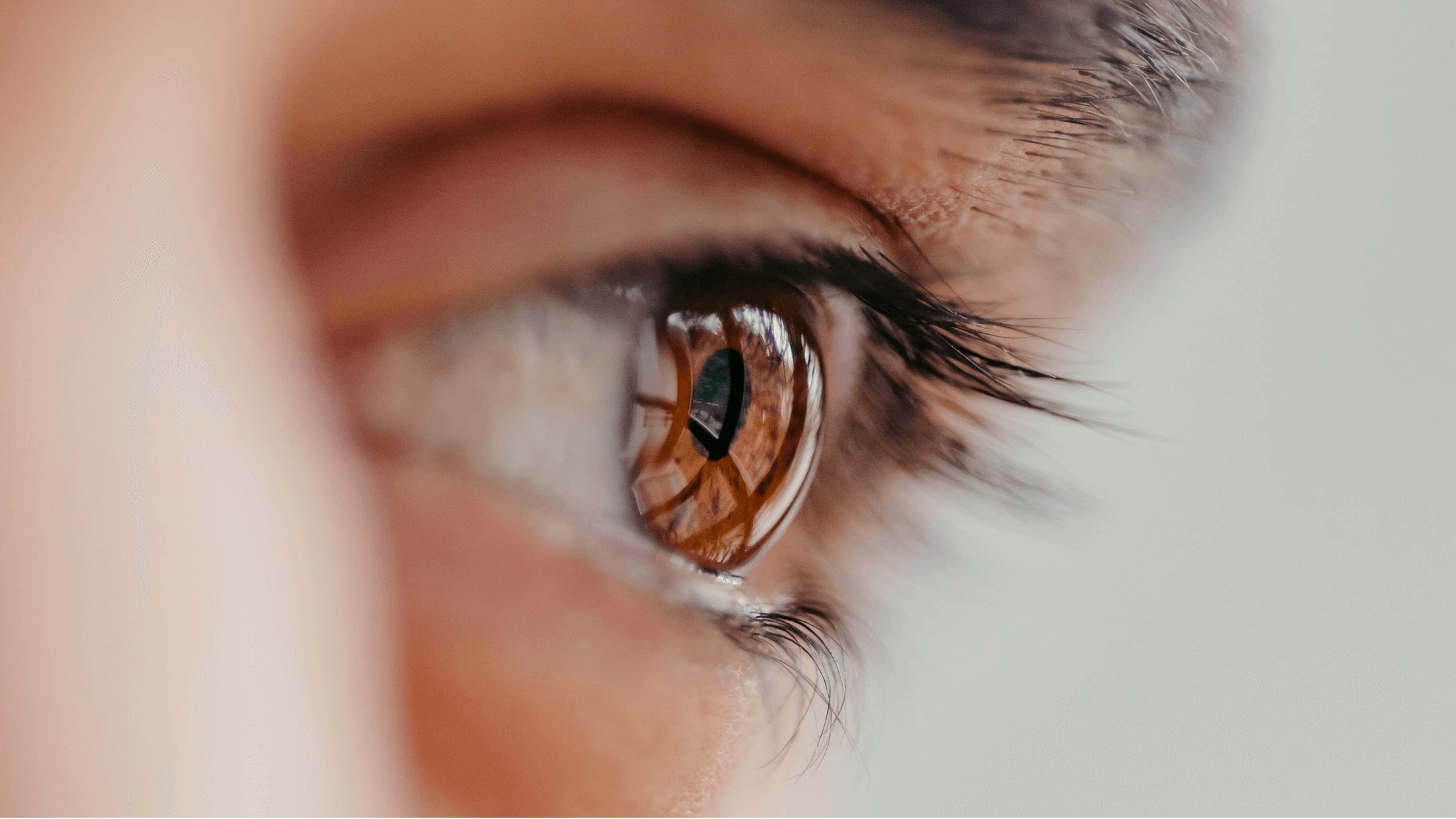OCD & Intrusive Thoughts
ocd & intrusive thoughts
OCD & Intrusive Thoughts: Finding Freedom from the Cycle
Obsessive-Compulsive Disorder (OCD) is a chronic condition characterized by persistent, unwanted thoughts (obsessions) and repetitive behaviors or mental acts (compulsions) that an individual feels driven to perform. These compulsions are typically performed in an attempt to reduce the anxiety or distress caused by the intrusive thoughts. Intrusive thoughts and unwelcome, often distressing thoughts or images, are common in OCD and can lead to intense feelings of shame, guilt, or fear. While many people experience occasional intrusive thoughts, individuals with OCD find that these thoughts are not only frequent but also become all-consuming, impairing their daily functioning.
The root causes of OCD are multifaceted, including genetic factors, abnormalities in brain function, and learned behaviors. At Modyfi, we understand that OCD and intrusive thoughts can be overwhelming, and our integrative approach to treatment combines evidence-based therapy, functional medicine, and mindfulness practices to address both the psychological and physiological aspects of the condition. We help individuals manage their symptoms, regain control over their thoughts, and improve their quality of life.


FAQs
Obsessive-Compulsive Disorder (OCD) is a mental health condition characterized by recurring, unwanted thoughts (obsessions) and repetitive actions or mental rituals (compulsions) aimed at reducing the anxiety caused by these thoughts. Intrusive thoughts are a form of obsession—unwanted, distressing thoughts or images that can be disturbing or frightening. In OCD, these thoughts can become overwhelming and lead to compulsive behaviors in an attempt to relieve anxiety.
The exact cause of OCD is not fully understood, but it is believed to involve a combination of genetic, biological, and environmental factors. Brain imaging studies have shown that people with OCD may have abnormalities in the basal ganglia, which is involved in habit formation and impulse control. Genetics also play a role, as OCD tends to run in families. Environmental factors, such as trauma, stress, or childhood experiences, can contribute to the onset or exacerbation of OCD.
Intrusive thoughts are unwanted, involuntary thoughts or images that are often disturbing or anxiety-provoking. While everyone experiences occasional intrusive thoughts, those with OCD experience these thoughts frequently and intensely, leading to distress. Unlike regular thoughts, intrusive thoughts in OCD cannot be easily dismissed, and individuals feel compelled to act in response to them to alleviate the anxiety they provoke.
Compulsions are repetitive behaviors or mental acts that an individual feels driven to perform in response to an obsession, or according to rigid rules. The goal of compulsions is to reduce the anxiety caused by the intrusive thoughts or prevent a feared event from happening. However, these compulsions often provide only temporary relief, and over time, the cycle of obsessions and compulsions can become more severe, impairing daily functioning.
Yes, OCD can be treated effectively with therapy, medication, and lifestyle changes. The most common treatment is Cognitive Behavioral Therapy (CBT), particularly Exposure and Response Prevention (ERP), which helps individuals confront their fears without performing compulsions. Medications such as selective serotonin reuptake inhibitors (SSRIs) can help regulate the neurotransmitters involved in OCD. An integrative approach, including mindfulness, functional medicine, and stress management techniques, can also support healing.
Exposure and Response Prevention (ERP) is a form of Cognitive Behavioral Therapy (CBT) that is considered the gold standard treatment for OCD. ERP involves gradually exposing the individual to situations or thoughts that trigger their obsessions, while preventing the compulsive response. This process helps to reduce the anxiety over time, as the individual learns that their feared outcomes do not occur and that they can tolerate distress without engaging in compulsive behaviors.
Functional medicine can support OCD treatment by addressing underlying biological factors that may contribute to the condition, such as imbalances in neurotransmitters (e.g., serotonin, dopamine), nutritional deficiencies, or gut health issues. By optimizing brain function and addressing these factors, functional medicine may help reduce the frequency and intensity of intrusive thoughts and compulsions. Nutrient-rich diets, supplements, and lifestyle changes can be part of this holistic approach
Yes, mindfulness can be very helpful for individuals with OCD. Mindfulness practices teach individuals to observe their thoughts without judgment, helping to break the cycle of obsessing over intrusive thoughts. By learning to accept the presence of intrusive thoughts without acting on them, individuals can reduce their anxiety and reduce the power these thoughts have over their behavior. Mindfulness also promotes relaxation and emotional regulation, which can be valuable in managing the distress caused by OCD.
No, intrusive thoughts are common and can occur in people without OCD. Everyone experiences occasional unwanted or disturbing thoughts. However, in OCD, these thoughts become more frequent and intense, leading to compulsive behaviors. The key difference in OCD is that these thoughts cause significant distress and interfere with daily life, leading the individual to repeatedly engage in rituals or mental acts to alleviate the anxiety they cause.
At Modyfi, we take a comprehensive approach to treating OCD and intrusive thoughts by combining Cognitive Behavioral Therapy (CBT) with mindfulness practices and functional medicine. This holistic treatment plan addresses both the emotional and physiological aspects of the condition, helping individuals manage their obsessions, reduce compulsive behaviors, and regain control of their thoughts. We focus on creating lasting change, supporting emotional regulation, and promoting overall mental well-being










